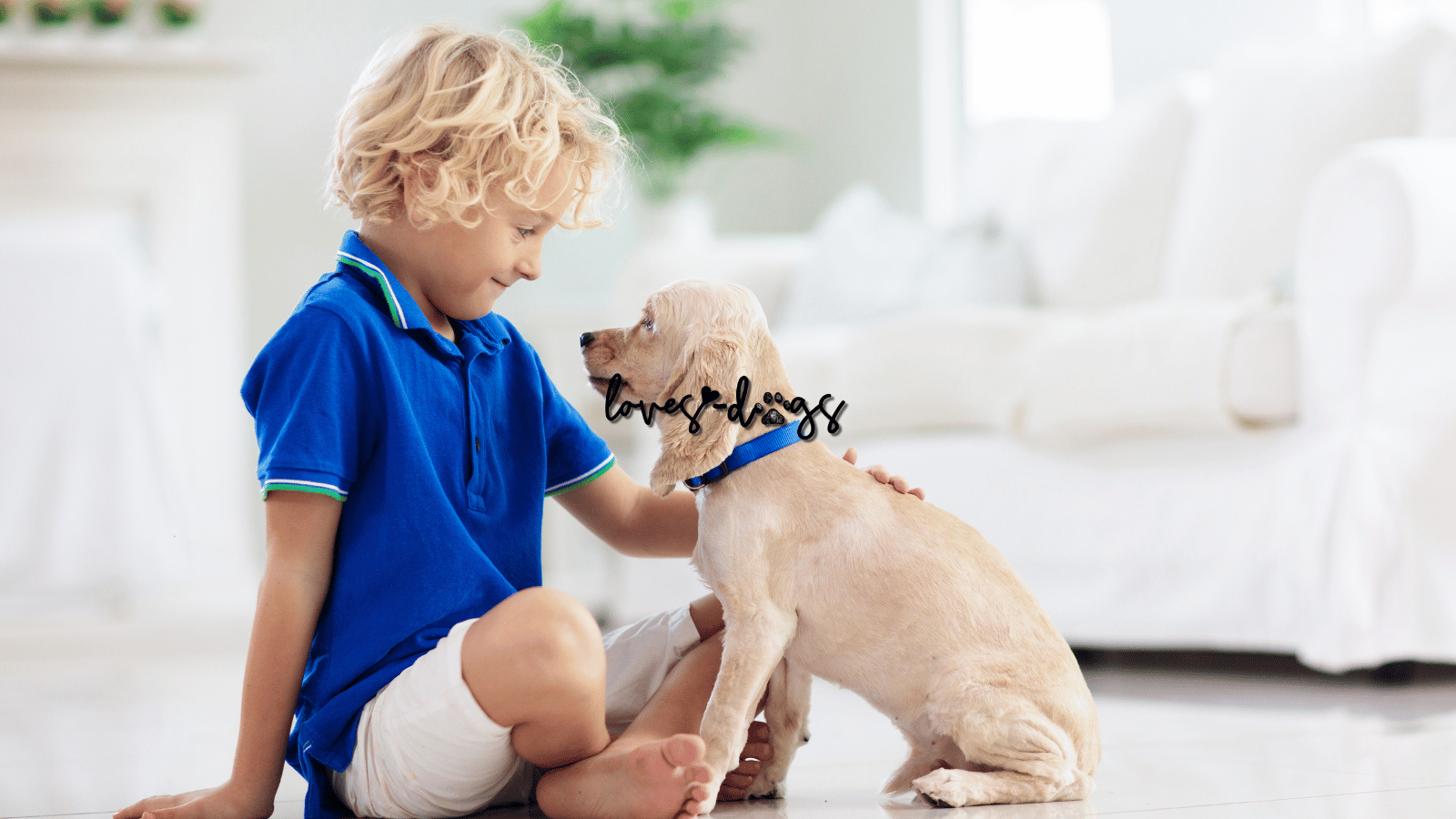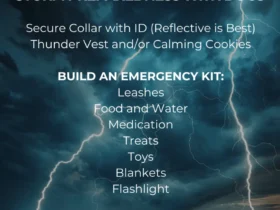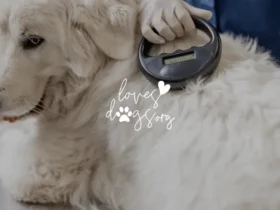
Building a Happy and Confident Canine Companion through Effective Socialization
Bringing a new dog into your life is an exciting experience, but ensuring they grow into a well-adjusted and sociable canine companion requires dedication and thoughtful planning. Proper socialization is crucial during a dog’s formative months to build their confidence, reduce anxiety, and foster positive interactions with other animals and humans. In this comprehensive guide, we will delve into the best ways to socialize your new dog, providing valuable tips and techniques to optimize their experiences and create a lifelong bond with your furry family member.
- Start Early, Go Slow:
Socialization should begin as soon as you bring your new pup home. Early exposure to different people, places, sounds, and other animals lays a solid foundation for a well-rounded adult dog. However, remember to take things slowly, especially with sensitive breeds or rescue dogs who may have unknown backgrounds. Gradually introduce new stimuli and monitor their reactions to ensure a positive and stress-free experience.
- Positive Reinforcement:
Use positive reinforcement during socialization to create a sense of joy and enthusiasm in your dog. Reward them with treats, praise, and affection when they exhibit friendly and confident behavior around others. This will strengthen the association between socializing and positive outcomes, making it an enjoyable experience for your dog.
- Expose to Various Environments:
Expose your dog to a diverse range of environments, such as parks, streets, busy areas, and different types of surfaces. This exposure will help them adapt and stay calm in various settings, reducing anxiety and fear as they grow older.
- Meet Different People:
Introduce your dog to people of different ages, genders, and ethnicities. Encourage friends and family to interact with your pup, allowing them to build trust with a variety of individuals. This exposure ensures they won’t become fearful or aggressive towards strangers in the future.
- Frequent Playdates:
Organize playdates with other well-mannered and vaccinated dogs to promote positive social interactions. Supervise these sessions and step in if any signs of aggression or fear arise. Regular playdates can help improve your dog’s communication and body language when interacting with other canines.
- Professional Training and Classes:
Enroll your new dog in obedience classes and training sessions led by experienced professionals. These classes provide a controlled environment to learn essential commands and proper social behavior. Moreover, interacting with other dogs in a training setting can be beneficial for their social skills.
- Stay Calm and Patient:
Remain calm and patient during the socialization process. Dogs can pick up on their owners’ emotions, so staying composed helps them feel secure in new situations. If your dog becomes anxious or overwhelmed, remove them from the situation and try again later at a slower pace.
- Exposure to Different Animals:
Incorporate exposure to various animals, such as cats, birds, or small mammals, to help your dog develop a well-rounded understanding of different species. This will ensure they remain friendly and accepting of other animals throughout their lives.
- Consistency is Key:
Consistency is vital in socialization. Regularly expose your dog to new experiences, people, and animals. The more consistent you are, the more quickly your pup will adapt to the ever-changing world around them.
Socializing your new dog is an essential step towards raising a confident, happy, and well-mannered canine companion. By following these tips and guidelines, you can ensure your furry friend develops positive interactions with people, animals, and various environments. Embrace the journey of socialization, and your dog will grow into a loving and socially adept member of your family, forging a strong bond that lasts a lifetime.








Find Loves Dogs on Social